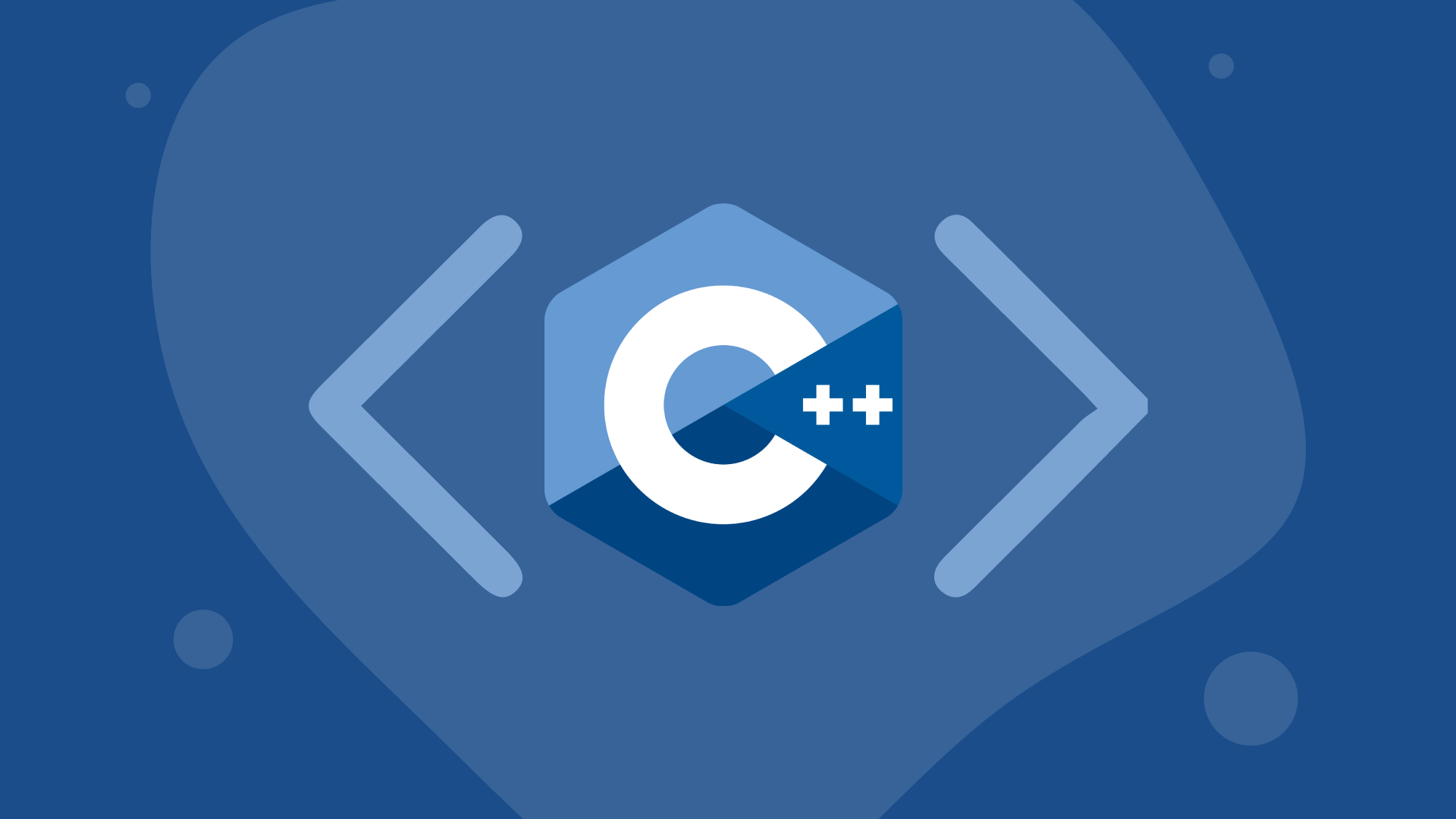
-
파편화, 재사용 문제를 해결해 보자
-
Memory Pool : 메모리를 바로 해지하지말고 임시로 보관했다가 필요하면 꺼내쓰겠다(재 할당 시간을 아껴보자, 메모리파편화도 일어날 수 있음.)
-
참고로 아래 내용을 보다보면
MemoryHeader를 굳이 왜쓰는지 싶은데 이후에 Header에 필요한 부분이 추가되기에 이번 강좌에서는 받아들이자.
#pragma once
/*-----------------
MemoryHeader
------------------*/
struct MemoryHeader
{
// [MemoryHeader][Data]
MemoryHeader(int32 size) : allocSize(size) { }
static void* AttachHeader(MemoryHeader* header, int32 size)
{
new(header)MemoryHeader(size); // placement new
// header 메모리할당은 되어있으니 생성자만 호출해줘
return reinterpret_cast<void*>(++header);
}
static MemoryHeader* DetachHeader(void* ptr)
{
MemoryHeader* header = reinterpret_cast<MemoryHeader*>(ptr) - 1;
return header;
}
int32 allocSize;
// TODO : 필요한 추가 정보
};
/*-----------------
MemoryPool
------------------*/
class MemoryPool
{
public:
MemoryPool(int32 allocSize);
~MemoryPool();
void Push(MemoryHeader* ptr);
MemoryHeader* Pop();
private:
int32 _allocSize = 0;
atomic<int32> _allocCount = 0;
USE_LOCK;
queue<MemoryHeader*> _queue;
};
#include "pch.h"
#include "MemoryPool.h"
/*-----------------
MemoryPool
------------------*/
MemoryPool::MemoryPool(int32 allocSize) : _allocSize(allocSize)
{
}
MemoryPool::~MemoryPool()
{
while (_queue.empty() == false)
{
MemoryHeader* header = _queue.front();
_queue.pop();
::free(header);
}
}
void MemoryPool::Push(MemoryHeader* ptr)
{
WRITE_LOCK;
ptr->allocSize = 0;
// Pool에 메모리 반납
_queue.push(ptr);
_allocCount.fetch_sub(1);
}
MemoryHeader* MemoryPool::Pop()
{
MemoryHeader* header = nullptr;
{
WRITE_LOCK;
// Pool에 여분이 있는지?
if (_queue.empty() == false)
{
// 있으면 하나 꺼내온다
header = _queue.front();
_queue.pop();
}
}
// 없으면 새로 만들다
if (header == nullptr)
{
header = reinterpret_cast<MemoryHeader*>(::malloc(_allocSize));
}
else
{
ASSERT_CRASH(header->allocSize == 0);
}
_allocCount.fetch_add(1);
return header;
}
#pragma once
#include "Allocator.h"
class MemoryPool;
/*-------------
Memory
---------------*/
class Memory
{
enum
{
// ~1024까지 32단위, ~2048까지 128단위, ~4096까지 256단위
POOL_COUNT = (1024 / 32) + (1024 / 128) + (2048 / 256),
MAX_ALLOC_SIZE = 4096
};
public:
Memory();
~Memory();
void* Allocate(int32 size);
void Release(void* ptr);
private:
vector<MemoryPool*> _pools;
// 메모리 크기 <-> 메모리 풀
// O(1) 빠르게 찾기 위한 테이블
MemoryPool* _poolTable[MAX_ALLOC_SIZE + 1];
};
template<typename Type, typename... Args>
Type* xnew(Args&&... args)
{
Type* memory = static_cast<Type*>(xalloc(sizeof(Type)));
new(memory)Type(forward<Args>(args)...); // placement new
return memory;
}
template<typename Type>
void xdelete(Type* obj)
{
obj->~Type();
xrelease(obj);
}
#include "pch.h"
#include "Memory.h"
#include "MemoryPool.h"
/*-------------
Memory
---------------*/
Memory::Memory()
{
int32 size = 0;
int32 tableIndex = 0;
for (size = 32; size <= 1024; size += 32)
{
MemoryPool* pool = new MemoryPool(size);
_pools.push_back(pool);
while (tableIndex <= size)
{
// 0 ~ 32 tableIndex에 대해선 32size를 할당한 pool에 할당해라
_poolTable[tableIndex] = pool;
tableIndex++;
}
}
for (; size <= 2048; size += 128)
{
MemoryPool* pool = new MemoryPool(size);
_pools.push_back(pool);
while (tableIndex <= size)
{
_poolTable[tableIndex] = pool;
tableIndex++;
}
}
for (; size <= 4096; size += 256)
{
MemoryPool* pool = new MemoryPool(size);
_pools.push_back(pool);
while (tableIndex <= size)
{
_poolTable[tableIndex] = pool;
tableIndex++;
}
}
}
Memory::~Memory()
{
for (MemoryPool* pool : _pools)
delete pool;
_pools.clear();
}
void* Memory::Allocate(int32 size)
{
MemoryHeader* header = nullptr;
const int32 allocSize = size + sizeof(MemoryHeader);
if (allocSize > MAX_ALLOC_SIZE)
{
// 메모리 풀링 최대 크기를 벗어나면 일반 할당
header = reinterpret_cast<MemoryHeader*>(::malloc(allocSize));
}
else
{
// 메모리 풀에서 꺼내온다
header = _poolTable[allocSize]->Pop();
}
return MemoryHeader::AttachHeader(header, allocSize);
}
void Memory::Release(void* ptr)
{
MemoryHeader* header = MemoryHeader::DetachHeader(ptr);
const int32 allocSize = header->allocSize;
ASSERT_CRASH(allocSize > 0);
if (allocSize > MAX_ALLOC_SIZE)
{
// 메모리 풀링 최대 크기를 벗어나면 일반 해제
::free(header);
}
else
{
// 메모리 풀에 반납한다
_poolTable[allocSize]->Push(header);
}
}
===
정리하자면
void* Memory::Allocate(int32 size)
{
MemoryHeader* header = nullptr;
const int32 allocSize = size + sizeof(MemoryHeader);
if (allocSize > MAX_ALLOC_SIZE)
{
// 메모리 풀링 최대 크기를 벗어나면 일반 할당
header = reinterpret_cast<MemoryHeader*>(::malloc(allocSize));
}
else
{
// 메모리 풀에서 꺼내온다
header = _poolTable[allocSize]->Pop();
}
return MemoryHeader::AttachHeader(header, allocSize);
}
Allocate을 통해서 메모리를 할당
메모리는 _poolTable에 미리 할당되어 있거나 필요할 경우할당한다
MemoryHeader::AttachHeader(header, allocSize)는 결국 ++header를 해주는데 해주는 이유는
MemoryHeader* MemoryPool::Pop()
{
MemoryHeader* header = nullptr;
{
WRITE_LOCK;
// Pool에 여분이 있는지?
if (_queue.empty() == false)
{
// 있으면 하나 꺼내온다
header = _queue.front();
_queue.pop();
}
}
// 없으면 새로 만들다
if (header == nullptr)
{
header = reinterpret_cast<MemoryHeader*>(::malloc(_allocSize));
}
else
{
ASSERT_CRASH(header->allocSize == 0);
}
_allocCount.fetch_add(1);
return header;
}
struct MemoryHeader
{
// [MemoryHeader][Data]
MemoryHeader(int32 size) : allocSize(size) { }
static void* AttachHeader(MemoryHeader* header, int32 size)
{
new(header)MemoryHeader(size); // placement new
// header 메모리할당은 되어있으니 생성자만 호출해줘
return reinterpret_cast<void*>(++header);
}
메모리의 앞쪽은 MemoryHeader로 구성되어 있고 뒷 부분 부터 데이터이기에 ++로 Header부분을 넘겨줘야한다